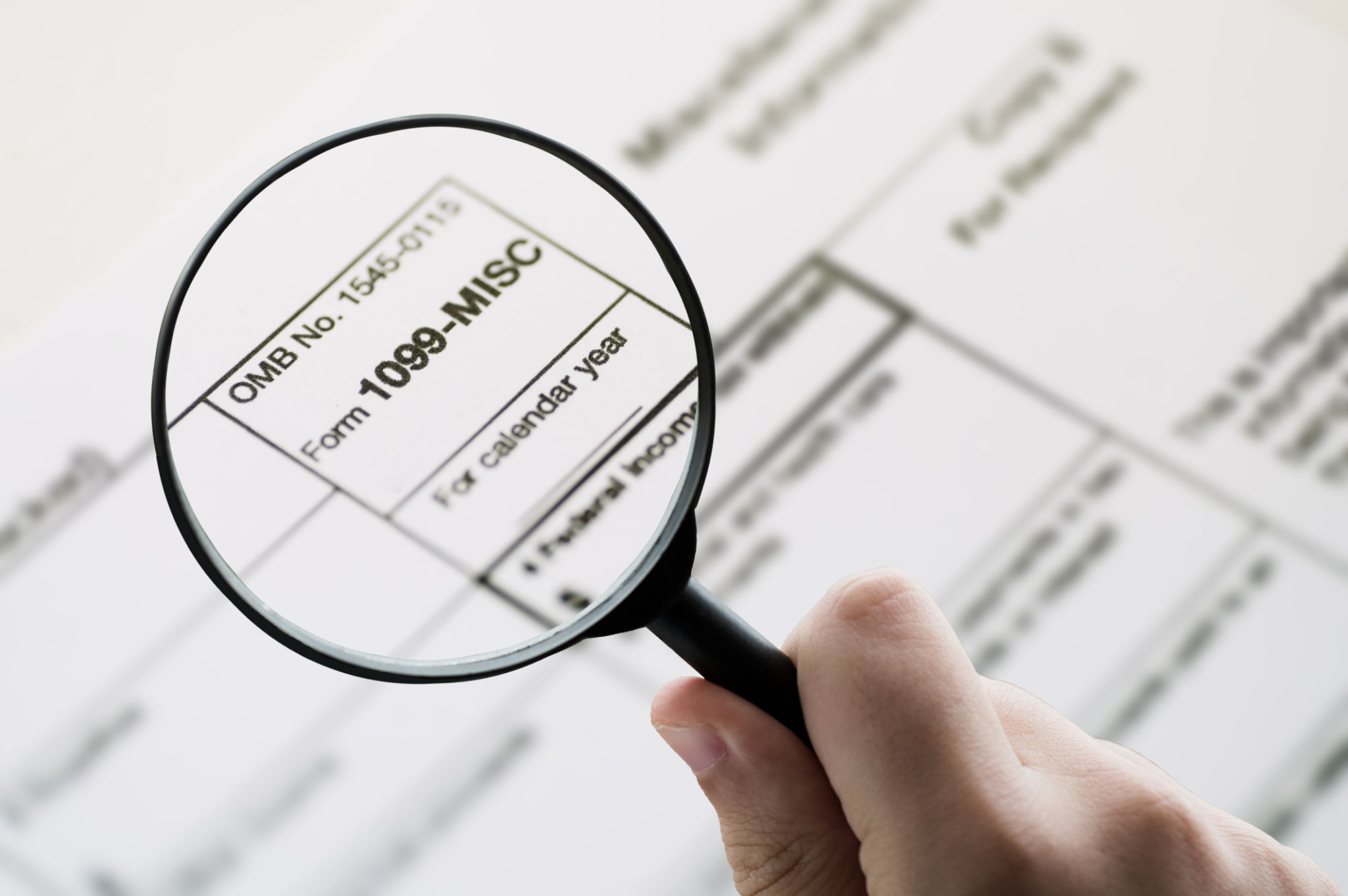Navigating IRS Filings for Nonprofits: Expert Advice and Tips
MN
Understanding IRS Filings for Nonprofits
For nonprofit organizations, navigating IRS filings can be a complex yet essential task. Proper filing ensures compliance with legal obligations and maintains the organization's tax-exempt status. Understanding the different forms and requirements is crucial for avoiding penalties and ensuring smooth operations.

Nonprofits typically need to file Form 990, which provides the IRS with information about the organization's mission, programs, and finances. Depending on the size and revenue of the nonprofit, there are different versions of Form 990 to consider, such as Form 990-N, Form 990-EZ, and the standard Form 990.
Choosing the Right Form
Choosing the correct version of Form 990 is critical. Form 990-N is an electronic notice for small nonprofits with annual gross receipts of $50,000 or less. Form 990-EZ is designed for organizations with gross receipts under $200,000 and total assets less than $500,000 at the end of the tax year. Larger organizations are required to submit the full Form 990.

Failure to file the appropriate version can result in penalties or even loss of tax-exempt status. It's important to review the IRS guidelines closely to ensure that your organization is submitting the correct form based on its size and financial activity.
Key Deadlines and Extensions
The standard deadline for filing Form 990 is the 15th day of the 5th month after the end of the fiscal year. For example, if a nonprofit's fiscal year ends on December 31, the filing deadline would be May 15. However, extensions are available if more time is needed to prepare accurate filings.

To request an extension, nonprofits must file Form 8868 before the original due date. This grants an automatic six-month extension, providing additional time to gather necessary documentation and complete the filing process accurately.
Maintaining Accurate Records
Maintaining organized and accurate records is essential for a smooth filing process. It's important to keep detailed records of all financial transactions, including donations, grants, and expenses. These records will not only aid in completing IRS filings accurately but also support transparency and accountability within the organization.
Nonprofits should consider investing in accounting software or consulting with a financial expert to ensure records are well-organized and up-to-date. This can significantly reduce stress during tax season and help prevent errors on IRS forms.
Seeking Professional Guidance
Engaging with a tax professional who specializes in nonprofit organizations can be invaluable. They can provide tailored advice on IRS requirements, help prepare necessary documentation, and ensure compliance with all applicable regulations. Professional guidance can also offer peace of mind that filings are accurate and submitted on time.
By following these expert tips and maintaining diligent records, nonprofits can navigate IRS filings confidently and focus on their primary mission of making a positive impact in their communities.